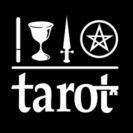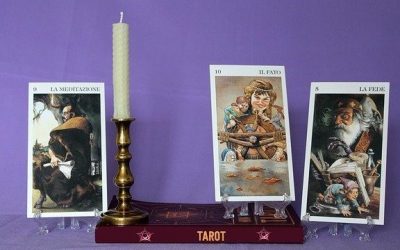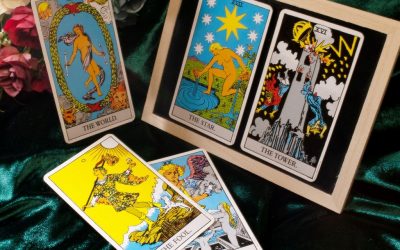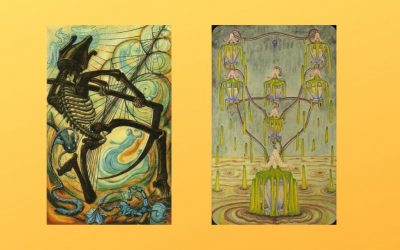Carl Gustav Jung is one of the greatest magicians of the 20th century, which might be a surprise to many, but the evidence is clear. His book, Liber Novus, or the Red Book, is a powerful magical grimoire, packed with magical and spiritual techniques on a par with contemporary Aleister Crowley’s Liber AL. These are big claims, controversial no doubt, but it is time to re-assess Jung’s contribution.
Jung and Liber Novus
While Liber AL was published early by Crowley which allowed magicians to pore over the enigmatic text, Jung kept his Liber Novus secret, known to only a handful of his closest associates during his life. It was not until long after his death that his family eventually allowed Liber Novus to be published. Liber Novus is a challenge to Jungian analysts despite them knowing that Jung’s opus informed his entire career as the leading psychoanalyst of the 20th century. That Liber Novus is devoid of the Jungian terms of psychoanalysis makes it all the harder for Jungians.
I became aware of Liber Novus about five years ago, and it was a revelation to me. Jung’s visions (they are usually known as fantasies in Jungian circles) and use of biblical quotations makes his magical and spiritual calibre obvious. Jung’s perceptions and insights on magical workings and experiences gave me the the precision and definition I have been looking for in my own magical and spiritual journey.
In this brief introduction to Liber Novus, it needs to be remembered that Jung’s mastery of alchemy, astrology, and symbolism on their own would mark him out as a magician. Jungian analysts, while extolling the power and virtue of Jung’s insights into these esoteric subjects, stop short of acknowledging his status as a magician, for obvious reasons – and there is another – he does not fit the stereotypes we have of a magician; a robed man performing ritual magic standing in a circle invoking and evoking spirits, and belonging to a magical society.
Reading Liber Novus as a magician I see so many magical techniques and innovations that most magicians and analysts miss. In future posts I will be exploring them in greater detail.





I guess the “Jungians ” are generally in the business of psychoanalysis, and whilst there is, mostly (? I think ) an acceptance of it’s magical potential, it’s probably worth looking at how they would define archetypes, to see why they might not use the word magician to describe Jung. Mandalas providing routes for the psyche to express it’s METAPHORS is different to mandalas as labyrinths and pathways for the psyche to intersect with spirit. Perhaps? I would prefer to add a quote which I don’t have to hand which articulates this much better….